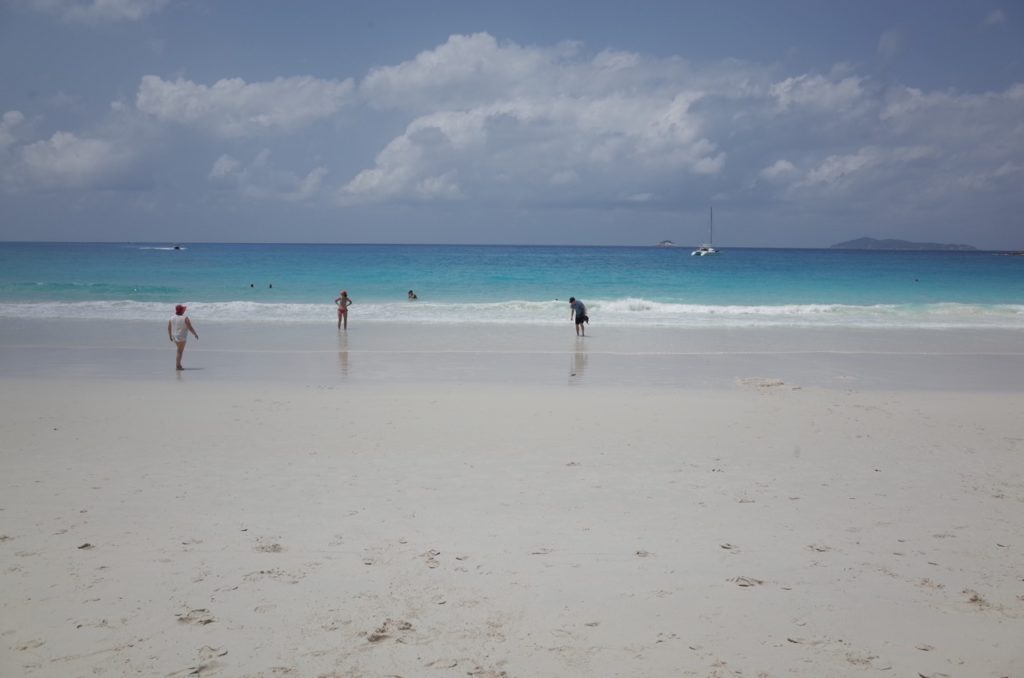A Love Letter to my Brexit Lover, from Europe
BERLIN, 28 JUNE 2016.
I admit I was angry when you decided to leave. I knew it was the worst part of you speaking, but I looked at the act, not the whole person. It was an act of self-sabotage, clearly, but you were also leaving me. My first reaction was that I wanted you to fail: your recklessness needed to be punished in some way. I was swallowed by metaphors: you wouldn’t have your cake and eat it too, you made your bed and you would lie in it (not with me). And the bad choices you made would become glaringly obvious even to you: the financial consequences, your reduced circumstances, all the options you once had that are now closed off to you. And above all, I felt that fate had stepped in with an act of nemesis: you pride would face reversal, and you would finally learn that you actually needed me, and that nonetheless there was no going back. I think this is called the angry phase of grief.
Tonight, here in Berlin, I came home by train. I thought about how much better the trains are in Germany. But in that illuminated train car, watching the darkened city go by–– the dividing line between former East and West, where the Allies once manned a checkpoint, and then the Reichstag where Angela told you that you’d be granted no special favours––I listened to an old soundtrack on my headphones that I had not listened to for some time, and I had first heard when I was a student studying in your country, and first met you.
It might seem strange to listen to Christmas carols in June, but they connect me strongly to choirs in your Cathedrals, and in the colleges in Cambridge. ‘Once in Royal David’s City’ makes me think of cold weather and no snow, and patches of lamplight in a medieval court, and men in scarves, and the one young person chosen that night to sing. And ‘In The Bleak Midwinter’ makes me think of making the difficult beautiful, solid, immutable, water like a stone. And these thoughts made me soften towards you––as if I’d pulled one of your old t-shirts out of a drawer and caught just a scent of you, which, all on its own, almost inexplicably, makes me understand you as something much more than the things you do, but rather as a complex, composite, fractured thing, that smells awfully good (and can sing too).
And I tried to reconcile my moment of anger––because much of Britain voted to leave Europe (a protest vote, a cry for help?)––with a moment of compassion which, if I didn’t know better, might be confused with weakness. And I try to go beyond the Junckers and the other politicians who voice their legitimate frustration so openly, and try to think about the (younger) part of you that actually wanted to stay, and what I might tell you at this moment.
Part of me says: by any means possible, please come back. Another says that, if what’s done is done, let’s think beyond ‘Europe’ and ‘Britain’ and ourselves as mere nationalities. Yes, Brexit might limit us as to where we can work and stay–– this will have profound and difficult consequences for many––but does it need to close down our openness of spirit? England and Wales can either become more of an island, or they can embrace the world. Might not the English capture that international imagination they once had––not in the brutal form of conquest with which they burdened so many places––but rather as a people surrounded by seas who stared out at the waves saying, I’m not going to be stuck on this damn island?
I want this next step if you really don’t come back to us in Europe––and who knows maybe, after all, it’s still possible?––to go well beyond the limiting mentality of free-trade zones and supranational agreements. Being celibate––and by this I mean falling into your island mentality, your English isolationism, your packaged ready meals and spongy desserts––is decidedly unattractive. At a certain point you will realise that I’m not the best in bed. There are plenty of fish in the sea. And I hope that Brexit––even if it makes you feel less European––might after all make you more international.
Maybe it is even time for a little cosmopolitan promiscuity. I want my British lovers to have affairs in Brazil, New Zealand, and China. I want you to find that old creaky navy boat (demilitarized, without the guns, or your neoliberal, colonial agendas, but instead manned/womaned by your famed curiosity) and take the familiar route down the Thames to the Atlantic, and notice where that brackish filthy water turns into something salty and delicious. I want Dover at your backs–– and Farage too (not licking your balls). It’s time to think about being pirates, without the major generals, my darlings. It’s about landing on a beach somewhere windswept and making love on it. It’s not about learning French and Spanish, but about Farsi and Swahili. I want the Mancunians in Manitoba mounting a Mountie, the Welsh in Kansai licking wasabi off a belly.
None of this current strife was desired, none of it was foreseen, things didn’t turn out as we planned: but now that you are in the world, be in the world––think about how far you can sail, and who, on that far shore, might kiss you next.
needleberlin.com
*This is the third of three articles in a series on the Brexit, the others are:
-Post-Referendum: What will the Brexit Bring?
-Pre-Referendum: Would a Brexit be Good for Europe?

